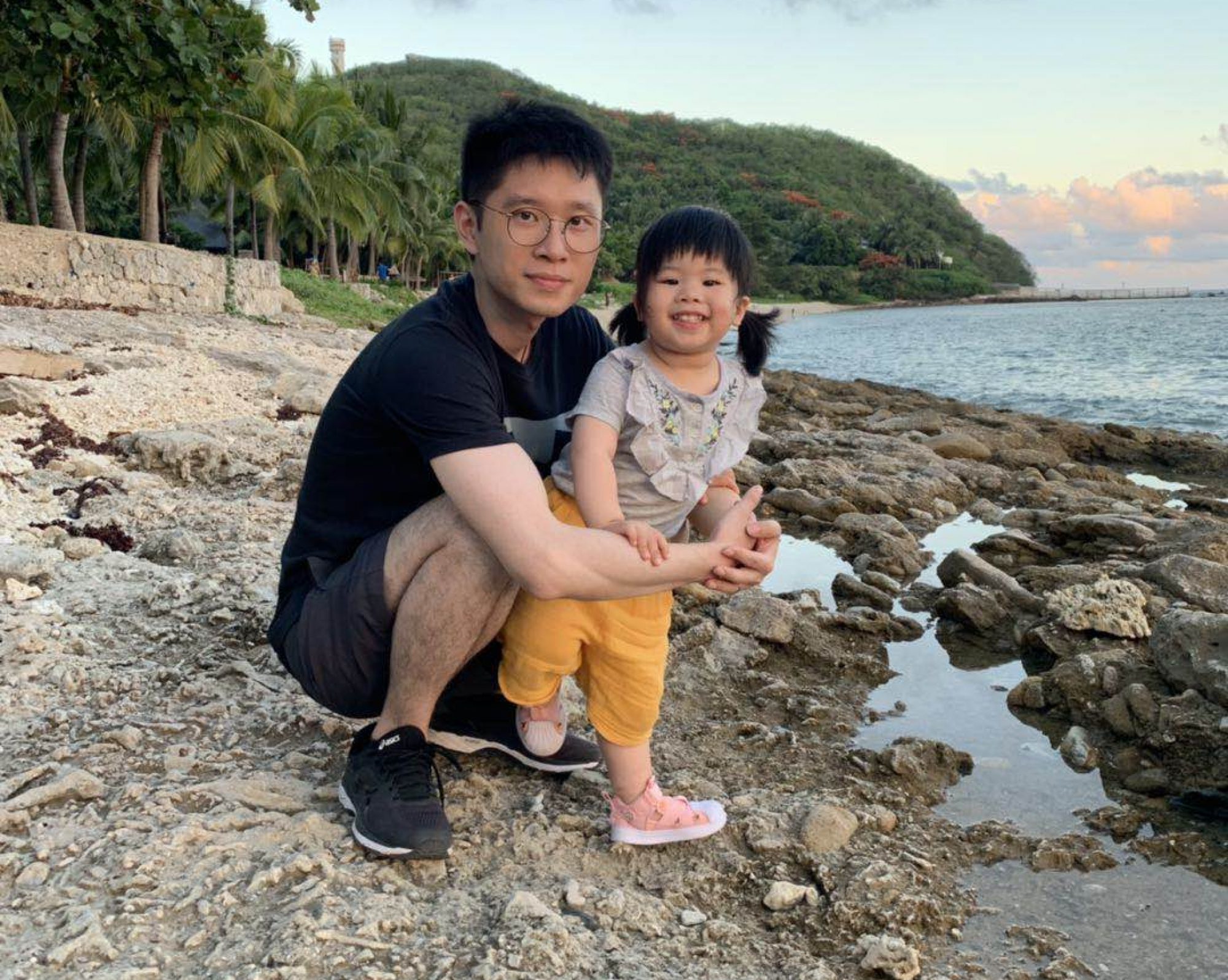Example: a company has two founders of 40% each and an investor with 20% ownership, and that they are all part of the covente contract. If a founder finds a buyer for every 10,000 shares, the right to co-sell would allow the other founder to sell 4,000 shares and the investor to sell 2,000 shares, so that the first founder could only sell 4,000 shares. Whether Founder`s Stock has rights other than other holdings in a company depends on the agreements between the founder and the company, either at the time of issue of the shares or at a later date. These rights can be worded as follows: the main terms or clauses of the agreement are as follows: a “lock up” prevents the sale of shares for a period after an IPO. The limitation usually lasts 180 days, but can be extended by 18 days in certain circumstances. The right of co-founder is less widespread than the right of pre-emption in agreements between founders, but it is generally required of investors. The two axes of entering into stock restricted agreements are: (1) among the founders of a startup; and (2) at the request of investors. First, it can be part of the boon among many founders. When a founder decides to leave the company or is asked to leave the company, the unwavering restriction protects the other founders from the “parasite” problem that would otherwise exist. While some founding teams stay together from start to finish, it`s quite common for one or more founders to leave the company in its early years. In the absence of an investment limit, the deceased founder gets “freedom of movement” on the efforts of those who remain to build the company.
A share purchase contract limited to the creation of shares is concluded between the founders of a company and the company. Due to the lack of sufficient resources, the owners of a new business are compensated by shares of such a company. In some cases, founders may also choose to take shares to consolidate ownership, so that when the company go public, the number of shares sold remains less than the founders` total ownership. . . .
